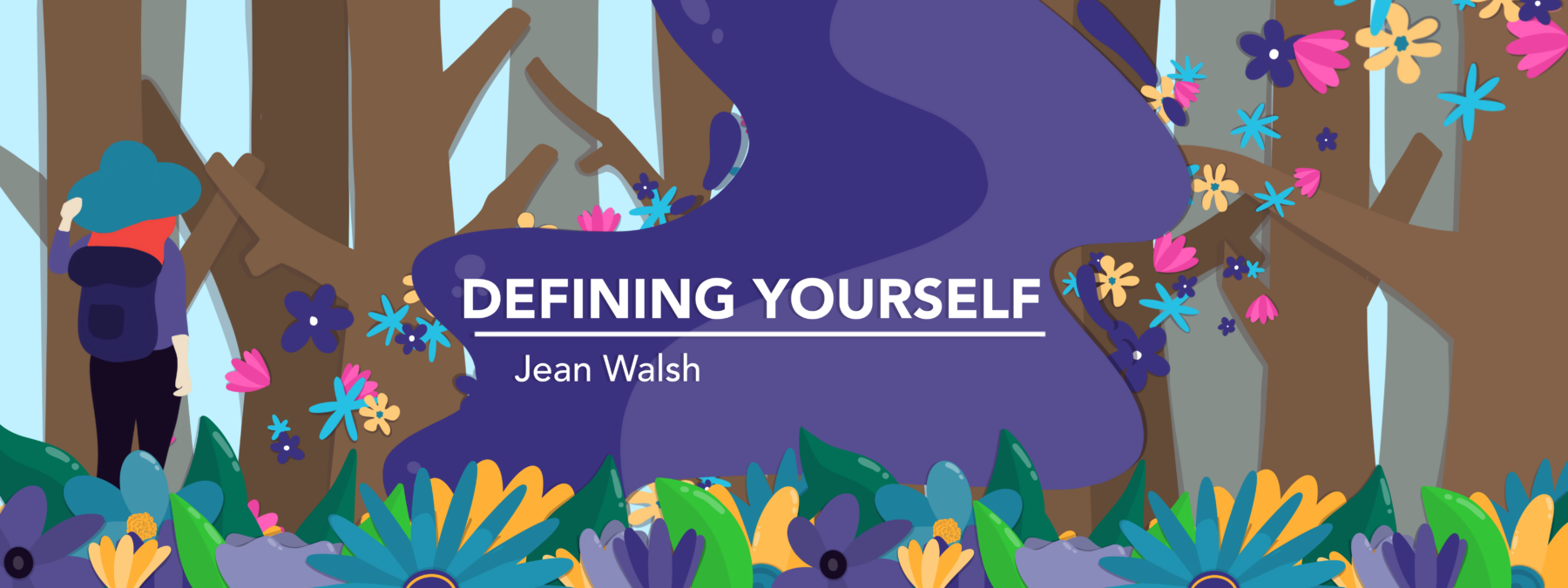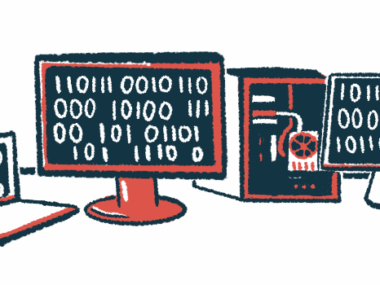Survivor’s guilt is my companion in living my life with FA
My relatively slow disease progression can spur this unwelcome state of mind
Written by |

I sometimes feel afraid to open Facebook. I’m curious about how my friends are doing and what they’re up to, so I log in. Beyond many happy updates, however, I also see that some people in my Friedreich’s ataxia (FA) community are not doing well or have passed away. It’s brutal. I have to steel myself.
I have FA, which can be life-threatening and is always life-altering. My disease progresses slowly. I feel grateful for my relatively good health. I also feel guilty that I’m OK while others in my community are sicker and possibly dying.
Sometimes, I feel I don’t deserve to be relatively healthy with FA while I watch others who deserve more get sicker.
I’m not the survivor of a plane crash who experiences the feelings that people often associate with survivor’s guilt; rather, I’m the survivor of a rare and chronic disease characterized by widely varying symptoms. It’s not the same as surviving a sudden traumatic event. It’s nonetheless traumatic and involves survivor’s guilt.
Survivor’s guilt is a psychological phenomenon in which some people feel guilty for surviving a traumatic event, even though others do not. This guilt can be intense and overwhelming, often leading to emotional distress and feelings of unworthiness. It’s commonly associated with survivors of accidents, natural disasters, or wars, but it can also affect patients with life-threatening and life-altering diseases.
Patients with FA and similar diseases may experience survivor’s guilt in a unique way. This guilt can arise from observing friends with the same condition suffer more or even pass away.
Unlike survivors of sudden traumatic events, these patients endure a prolonged form of survivor’s guilt. Patients often continuously witness varying degrees of suffering among their peers. This situation creates a complex emotional landscape where gratitude and guilt coexist. That makes it challenging for patients to navigate their feelings.
I sometimes feel I have no right to be glad that I’m not dying or that my degeneration is slow because FA is so much harder for other people. That’s when I must remind myself to be as kind to myself as I would be to someone else. I don’t need to minimize my pain to empathize with a friend who has more emotional pain.
How I manage survivor’s guilt
Managing survivor’s guilt can be challenging, but several coping strategies help me navigate these complex emotions:
Acknowledging feelings: It’s crucial for me to recognize and accept my feelings of guilt. Understanding that these emotions are a natural response to surviving a life-threatening disease can be the first step toward healing.
Seeking support: Discussing my feelings with friends, family, or a therapist has helped me process my emotions. Sharing experiences with members of my FA community, who have faced similar situations, has been instrumental in helping me cope with survivor’s guilt.
Focusing on positive actions: Engaging in activities that contribute to the well-being of others can help alleviate feelings of guilt. Volunteering, supporting others in the community, or advocating for awareness can provide a sense of purpose. For me, that means focusing on FA and rare diseases because I’m taking control of my condition while helping others. That’s extremely empowering. For you, community might be different — your neighborhood, your church, etc. Try not to worry if, like me, attending to your health means your way of helping looks different from someone else’s.
Practicing self-compassion: Being kind to myself and practicing self-compassion help me manage my guilt. I remind myself that it’s OK to feel grateful for surviving and that I’m deserving of good health.
Survivor’s guilt is an emotion I’ve come to understand as one that will live beside me as I travel down this road of having FA. I’ve found ways to make my peace with it.
I’m so grateful to be a member of this FA community, which handles so much with kindness, grace, love, and an unwavering focus on a disease-free future. This feeling is unequivocally easy and happy. I’m grateful for the health I have. I’ll probably never stop feeling survivor’s guilt, but at least I know intellectually that I deserve health.
Note: Friedreich’s Ataxia News is strictly a news and information website about the disease. It does not provide medical advice, diagnosis, or treatment. This content is not intended to be a substitute for professional medical advice, diagnosis, or treatment. Always seek the advice of your physician or another qualified health provider with any questions you may have regarding a medical condition. Never disregard professional medical advice or delay in seeking it because of something you have read on this website. The opinions expressed in this column are not those of Friedreich’s Ataxia News or its parent company, Bionews, and are intended to spark discussion about issues pertaining to Friedreich’s ataxia.







Patrick
I love this column. My muscular dystrophy type also lies on the mild side of things. I work with people who have more severe types of MD and this issue pains me much the same way that you have eloquently put into words. Thank you for sharing this part of your journey.....and hello from NH!